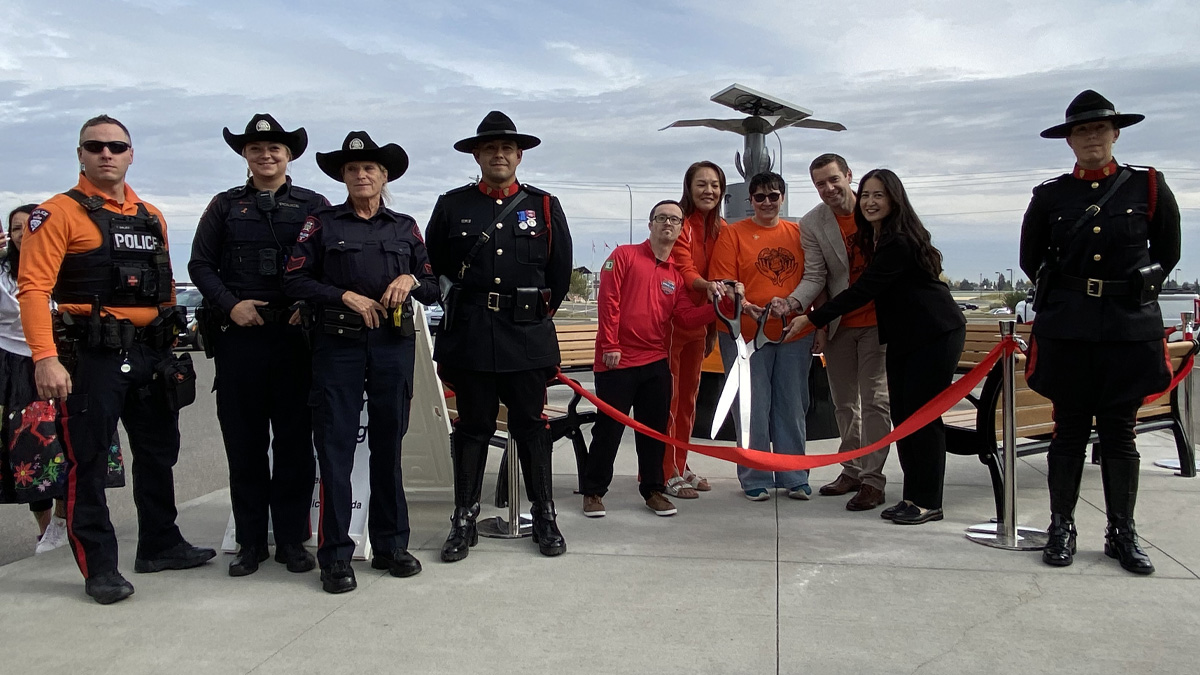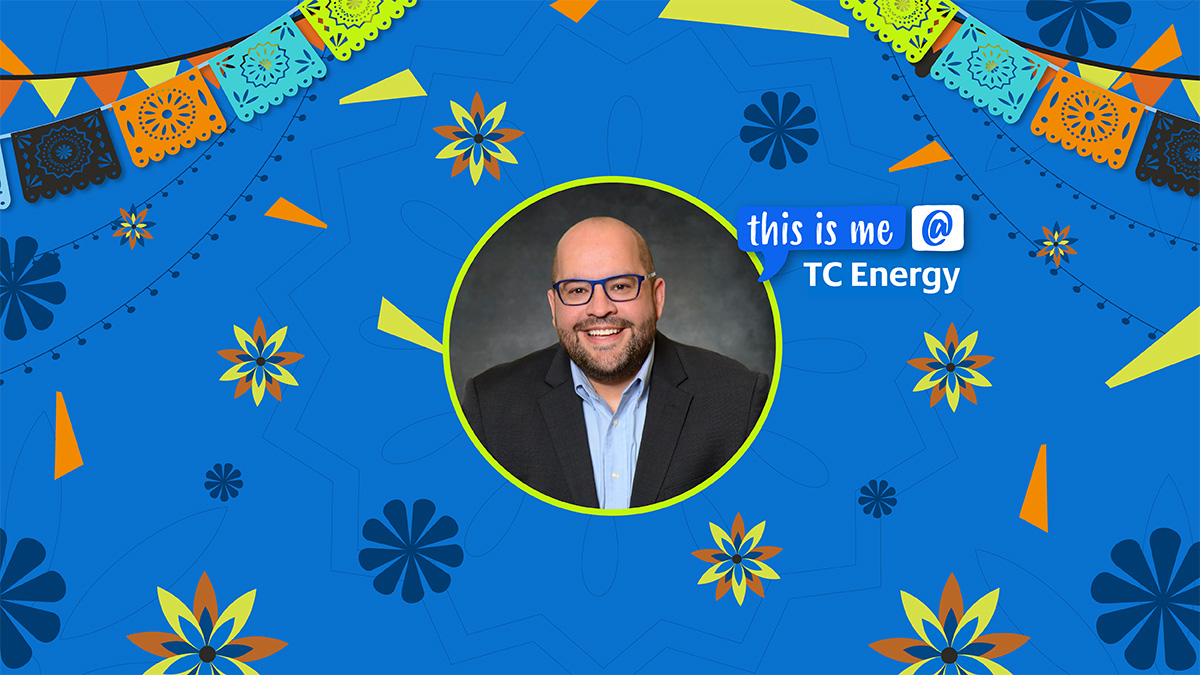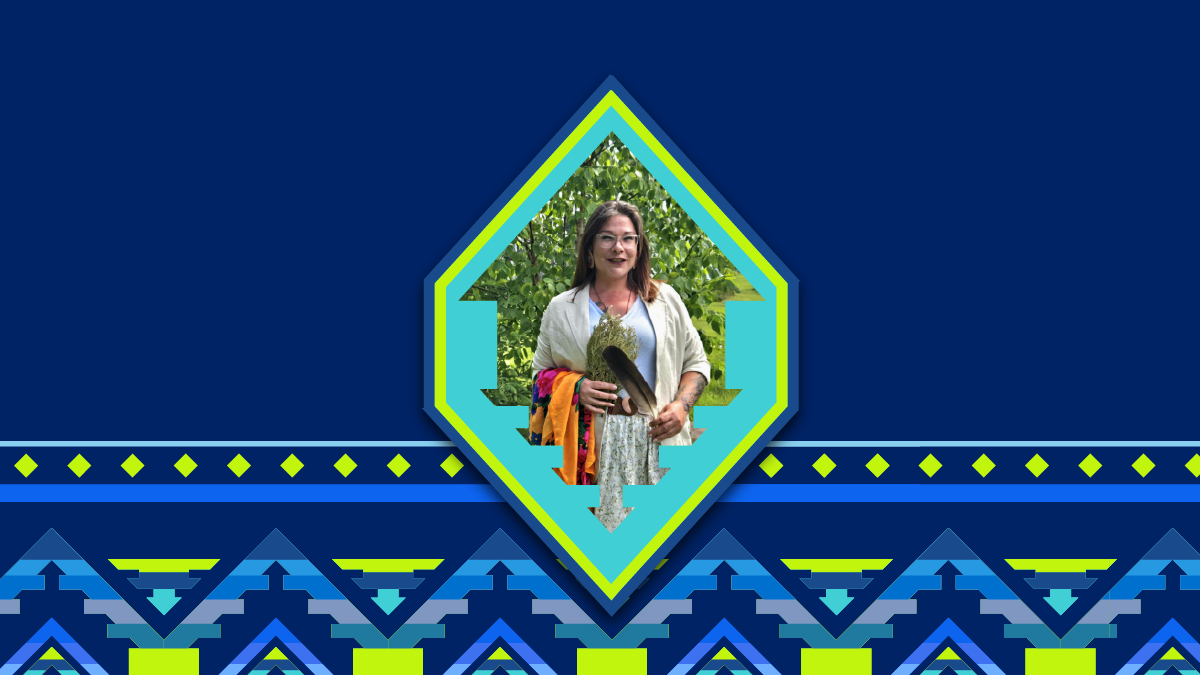Nov 7, 2025
Overcoming unconscious biases

Senior U.S. Gas Operations leader shares her career insights
In recognition of International Women’s Day, we’re having discussions about unconscious biases in the workplace across the company this week. Wendy Straatmann, vice-president, Technical Services, U.S. Gas Operations, is one leader who understands how our unconscious biases can inadvertently affect our behaviours in the workplace and is an advocate for becoming more aware of the unconscious biases we all hold.
Wendy joined TransCanada in August 2018, and leads a team of over 500 employees and contractors who are responsible for many areas in U.S. Gas Operations including reliability, pipeline integrity including dig sites and pipeline replacements, measurement stations, operations planning including capturing data to make data-driven decisions, engineering standards and storage operations – all essential to ensure the safe and reliable delivery of the energy people need, every day.
Before joining TransCanada, Wendy was a vice-president at Talisman Energy where she became known for turning struggling natural gas operations around, particularly regarding safety, and won a CEO Safety Award in acknowledgement of her success.
“Talisman is also where my career pivoted,” says Wendy. “I went from executing others’ strategies to building my own strategy to align with the financial goals of the company.”
Overcoming our own biases
Unconscious biases are the views activated without our awareness or control as a result of our upbringing. Unconscious influences may include where we grew up, the daily media we consume, the social structures we are part of and the social circles with which we associate.
As a woman in traditionally male-dominated teams and roles, Wendy has sometimes had to challenge her own thinking.
Wendy gives this advice to colleagues, employees and her children when it comes to overcoming unconscious bias or perceptions about women when it comes to education, career and general life experiences.
Reflecting on one of her first roles as a lead technical resource on the Middle East Exploration team at Phillips Petroleum, Wendy shares the biases she and her manager held.
“I remember thinking the manager may not want me on the team because I am a woman – that was my own bias,” says Wendy. “And then the first thing the manager said to me was, ‘What are you, 12?’”. In other words, he thought Wendy looked too young for a lead role.
“I quickly responded, ‘What are you, 60?’, clearly knowing he was older.”
“I share this story because we both had our own biases about age and gender, but by speaking up as I did, I earned his respect.”
Continuing the conversation
“I’m not sure what our dynamic would have been if I had not spoken up against his bias, or worse, where I would be if I had allowed my own biases of myself, as a woman in a male-dominated team, limit my potential to thrive in the role of lead technical resource.”
Any individual who aspires to grow and develop in their career has a responsibility to bring their unconscious biases forward to the conscious level to ensure they are not causing negative effects.
Unconscious biases hold us back from creating a truly diverse and inclusive workplace through unintentional discrimination. It can impact people’s careers regarding equal opportunities and limits innovation as a result of group think or affinity bias – bringing people in who are ‘just like us’.
We cannot change what we don’t acknowledge, and, without awareness, we can’t acknowledge the biases which we hold. We continue to bring awareness to the unconscious biases we all hold as part of our commitment to a diverse and inclusive workforce.



